Frederica Freyberg:
We’re going to be talking a lot about how to pay for Wisconsin roads and highways in the coming months because road funding in the state faces a nearly $1 billion shortfall. This week the assembly transportation committee heard from DOT Secretary Mark Gottlieb whose two-year budget proposal calls for borrowing a half billion dollars for highway projects without increasing the gas tax or vehicle registration fees. This would mean continued delays of major projects. Gottlieb laid out some realities for lawmakers, including the percentage of highways which would be in poor condition going forward ten years if funding stays the same. He started by comparing 2018 to the year 2027.
Mark Gottlieb:
The total system in fiscal ’18, 21% in poor condition. In fiscal ’27, that would be 42%. With regard to the 3R system which is essentially all the state highway system that is not backbone, that’d be 26% poor in fiscal ’18, 49% poor in fiscal ’27.
Frederica Freyberg:
Bottom line, if there’s no change in funding for state highways, nearly half would be in poor condition in a decade. It’s even worse by the U.S. Department of Transportation metric, which says that right now 71% of roads in Wisconsin are in poor or mediocre condition.
Robin Vos:
I never even thought of the difference.
Frederica Freyberg:
Putting a finer point on the issue, this week Republican Assembly Speaker Robin Vos released a video of himself taking a ride in the back of an ambulance to highlight the rough ride over rough roads. Notwithstanding the bumpy ride ahead in the face of road funding shortfalls, Transportation Secretary Gottlieb’s proposed budget is in keeping with Governor Scott Walker’s pledge on the matter.
Scott Walker:
That’s why I was pleased that with this budget recommendation by our state Department of Transportation, they met the challenge. A challenge I gave when I spoke to the voters two years ago when I asked for your support in my re-election in 2014. I said explicitly when talking about transportation that I would not support an increase in the gas tax or the vehicle registration fee without a corresponding decrease in some other tax.
Frederica Freyberg:
Now, the governor said this week that if the assembly leadership’s plan is to raise taxes, they should make their plan public so the people understand exactly how much it will cost them. Now, this represents a rare split between leadership and the administration. We turn to Joint Finance Chair Republican Representative John Nygren to ask him how much taxes need to increase and thanks very much for being here.
John Nygren:
Good to be with you.
Frederica Freyberg:
So as to the governor’s question, and my own, how much do taxes need to increase to fix this shortfall and move forward?
John Nygren:
I don’t think we’re there yet. Honestly this is more of a dialogue with the people of the state of Wisconsin. It’s a dialogue we began back in July when we made public our concerns about transportation funding in our state. You know, my colleagues in the senate are throwing out numbers like a 28 cent gas tax. Nobody is looking for anything anywhere near that. We began a dialogue and an honest conversation with the people of the state of Wisconsin. I would point out in my district I got more votes than I've ever gotten before so I do think the people do understand the challenge and they also understand we’re elected to solve problems.
Frederica Freyberg:
So no specifics then on the increase amount, but what is on the table?
John Nygren:
Well, first of all, first and foremost I think it’s reasonable to have a conversation about what type of reforms could we implement. Are there cost saving measures? That’s why we asked for the audit of the Department of Transportation. We’re going to wait on that. Are there reforms such as prevailing wage reforms that could be implemented to save dollars? I do believe that there are. But to look at a billion dollar shortfall and believe that reforms and cost saving measures are going to be able to make up for that deficit, I don’t think that’s realistic. That’s why we said let’s look at all our options. Let’s not eliminate anything from the discussion with the people of the state of Wisconsin.
Frederica Freyberg:
What are all your options?
John Nygren:
Well, as I mentioned, the reforms. Could we reduce, could we cut some of the projects that are currently on the docket? You know, the Secretary talked about 70-year delay in the southeast mega projects. And 30 years before we could look at any more projects out-state. So I think we need to have the conversation about what are our priorities? What priorities are going to help us maintain an efficient and safe system in our state and what’s going to help us drive our economy? Secretary Gottlieb, when he testified, he admitted that the budget the governor put forward would make congestion worse in our state. It would reduce safety and it would hamper our economic development opportunities.
Frederica Freyberg:
Now, four years ago a bipartisan commission that included Secretary Gottlieb recommended raising taxes and fees, but the majority, including yourself, rejected those recommendations then. Why pick up with them now?
John Nygren:
Well, first of all, I think it was a different time and place then. Four years ago, I think we all know where we were as a state, where we were as a nation. The economy has recovered. It’s not recovering at a rapid rate. Growth is fairly soft here. Not only here but throughout the country. So we’re not looking for major changes today, but we’re in a much better position than we were four years ago to have that conversation, to do a complete top to bottom evaluation and decide how we are going to fund our transportation system for the next generation.
Frederica Freyberg:
Do you favor not bonding at all in the upcoming budget?
John Nygren:
No. I think that has to be part of the discussion as well. However, we’re at a position where under the Doyle administration and the Walker administration, the amount of dollars, bonding that we’ve committed to fund transportation has gone up exponentially. Under the governor’s proposal, we will be pushing 23 cents of every dollar that comes in from our registration and our gas tax will be pledged just to pay off debt. Bonding are at a very low rate, so that is a reasonable conversation, but if we don’t find a way to reduce that overall debt, it’s going to continue to eat up at the buying power moving forward.
Frederica Freyberg:
Now, if you can’t go to gas taxes or registration fees or tolling or some of the other things that might be on the table, would you consider transferring money out of the general fund into the transportation fund?
John Nygren:
I don’t believe that’s a reasonable option. I think that’s one of our concerns. We believe — hey, the people of the state of Wisconsin a couple years back made a very pointed — gave us a very pointed direction to say that the dollars raised for transportation should be used for transportation and no other purposes. Those dollars should be segregated. I believe that we also should be utilizing the dollars for — or GPR dollars for education and other priorities of our state. That’s why we need to have this conversation today.
Frederica Freyberg:
Now, the governor did say he doesn’t support gas tax or registration fee increases without corresponding decreases in other state taxes. What other state tax decreases would you entertain to get these road hikes?
John Nygren:
I think that’ll be part of the conversation as we head through the budget. I mean are there opportunities for us to reduce our income tax in our state? Are there opportunities for us to reduce our property taxes? You know, we are a very high-tax state in the grand scheme of things, so we’d be in favor of finding ways to reduce our overall tax burden. But let’s be honest here. So we’re talking about a 5 cent gas tax increase would relate to about a $25 for the average driver in the state of Wisconsin. We could look at a registration fee increase of $25 and, you know, that would only be paid by Wisconsin drivers. A gas tax would be paid by people who travel into our state as well. So, you know, we’re not going to limit anything from the table. Whether we can find the revenues to be able to pay for a tax cut in another way, that is the big question.
Frederica Freyberg:
All right. We need to leave it there. John Nygren, thanks very much.
John Nygren:
Thank you very much for having me.
Search Episodes
Related Stories from PBS Wisconsin's Blog

Donate to sign up. Activate and sign in to Passport. It's that easy to help PBS Wisconsin serve your community through media that educates, inspires, and entertains.
Make your membership gift today
Only for new users: Activate Passport using your code or email address
Already a member?
Look up my account
Need some help? Go to FAQ or visit PBS Passport Help
Need help accessing PBS Wisconsin anywhere?

Online Access | Platform & Device Access | Cable or Satellite Access | Over-The-Air Access
Visit Access Guide
Need help accessing PBS Wisconsin anywhere?

Visit Our
Live TV Access Guide
Online AccessPlatform & Device Access
Cable or Satellite Access
Over-The-Air Access
Visit Access Guide
 Passport
Passport





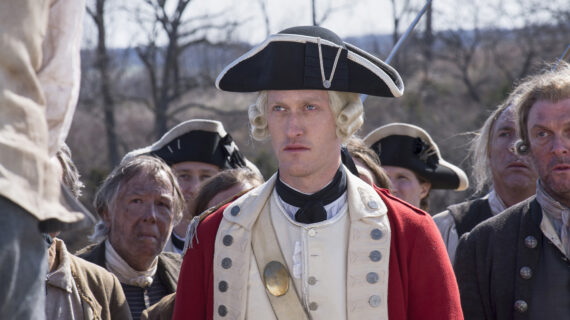
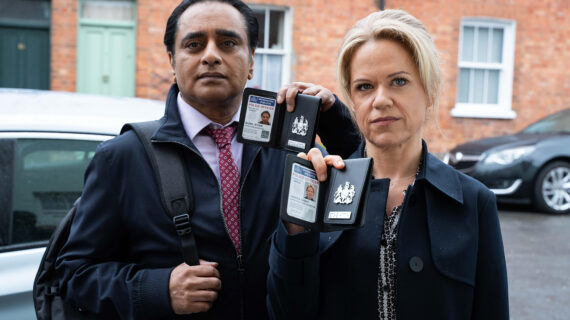
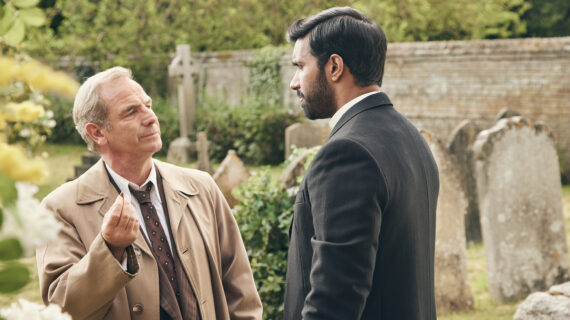





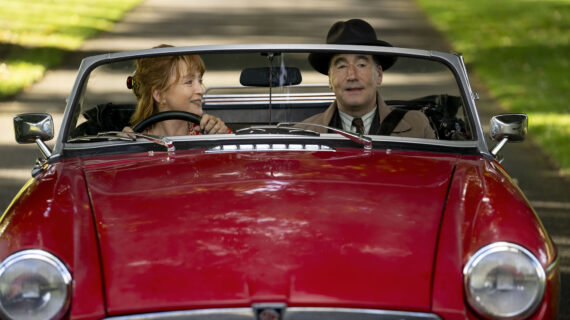
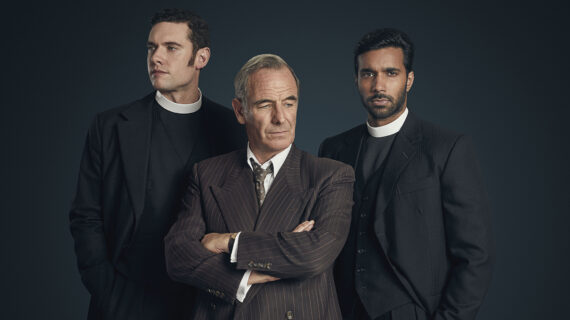
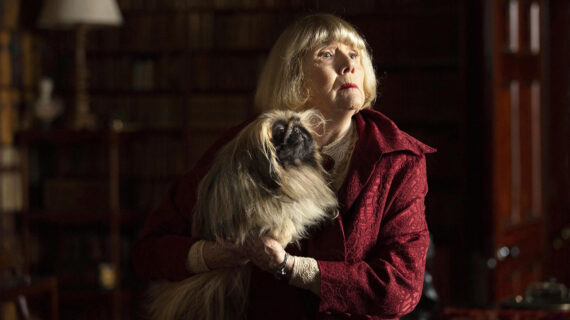

Follow Us